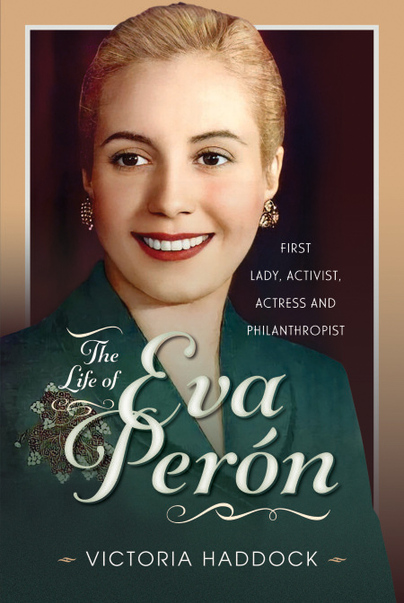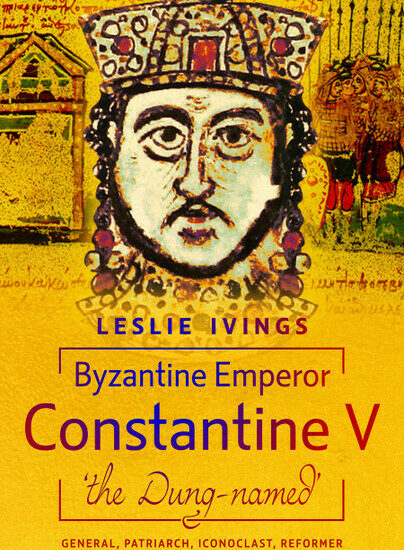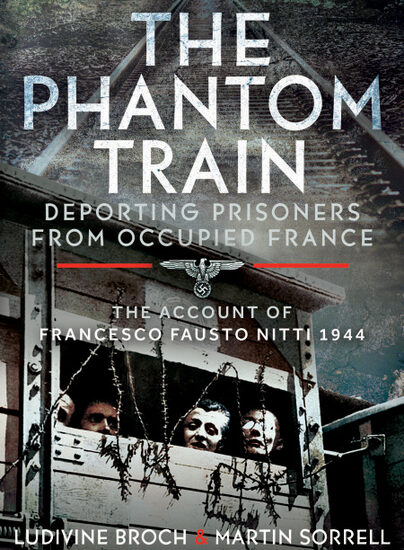The many myths of Evita
Author guest post from Victoria Haddock.
The story of Argentine First Lady Eva Perón has had somewhat of a revival this year with Jamie Lloyd’s production of Andrew Lloyd Webber and Tim Rice’s musical, Evita, taking the West End by storm. As with many people, I first became aware of Eva through the musical and my interest in her life story has led me to write The Life of Eva Perón: First Lady, Activist, Actress and Philanthropist. The publication of my biography has happened to coincide with the #EvitaSummer of this new adaptation and allows me to dispel some of the myths surrounding Eva’s life that have been perpetuated by the musical.
The idea for a musical adaptation of Eva’s life began one evening in 1973 when Tim Rice caught the end of a radio show about Eva Perón. He remembered her face from the Argentine stamps he had collected as a child but was mostly unaware of her historical significance. Rice began researching Eva and even travelled to Buenos Aires to view original documents and meet people who had known her. Rice declared Mary Main’s highly critical 1952 biography of Evita, The Woman with the Whip, to be the definitive account of Eva’s short life and it was used as source material for the musical’s narrative. Main was born in Buenos Aires to British parents and conducted her research for the biography covertly due to President Perón’s repression of journalists. In a 1980 interview with The New York Time, Main said, “I felt compassion, not sympathy. Eva did evil things, but she wasn’t really evil. She lived a life of fantasy. She was her own creation.” The book, which is now viewed as lacking in political, social, and economic context of the period has led to the dissemination of some of the legends surrounding Eva’s life.
One of the biggest myths surrounding Eva Perón’s life was her relationship with the tango singer, Agustín Magaldi. Mary Main stated that the teenage Eva made her way to Buenos Aires by eloping with Magaldi. This story was then repeated in the musical which depicts Eva and Magaldi conducting an affair whilst the singer was performing in Eva’s hometown of Junín. Lloyd Webber and Rice refer to Magaldi as “the first man to be of use to Eva Duarte”, yet there are no records of Magaldi in Junín during the year he is supposed to have met Eva. It is known that Magaldi’s wife often accompanied him on tour, so it seems unlikely that a romantic relationship with a teenager would have taken place under her nose. The more plausible explanation is that if Magaldi did help Eva, it was to assist her in her search for work on radio stations in the city. Eva’s sisters have always claimed that Eva travelled to Buenos Aires with their mother to audition for work and remained in the city when she was offered a contract at the end of 1934. A major inaccuracy relating to Magaldi in the musical portrays him as performing at the Luna Park charity concert in 1944 where Eva met Juan Perón for the first time. Magaldi had actually died following an operation for liver disease in 1938!
The West End production of Evita opened at the Prince Edward Theatre in London on 21 June 1978, closing in February 1986, after 3,176 performances and a Laurence Oliver Award for Best Musical. It became the first British musical to be awarded the Tony Award for Best Musical for the Broadway production in 1979. Alan Parker’s 1996 film adaptation of Evita helped to cement Eva Perón’s status as a truly international pop culture icon. The casting of Madonna, who at the time was one of the biggest, and most controversial, pop stars in the world, was a coup for the producers. The singer had been desperate for the part, later telling reporters: ‘This is the role I was born to play. I put everything of me into this because it was much more than a role in a movie. It was exhilarating and intimidating at the same time. And I am prouder of Evita than anything else I have done.’ She threw herself into research for the role and was rewarded with a Best Actress Golden Globe award for her performance. The production of the film was met with protests in Argentina by those who feared the film would damage Eva’s image. Members of the Peronist Party condemned the casting of the overtly sexual Madonna to portray the ‘Spiritual Leader of the Nation’. In an attempt to correct some of the more misleading claims perpetuated in the musical, the Argentinean film biography, Eva Perón: The True Story, was released in October 1996, starring Esther Gorris in the title role. The film was Argentina’s official Academy Award submission for ‘Best Foreign Language Film’ Academy Award that year but failed to be nominated.
Evita has had an enormous cultural impact, and the success of Rachel Zegler in the role of Eva Perón has shown that interest in Eva’s life shows no signs of waning. To discover more about the woman who brought “a little touch of star quality” to Latin American politics, you can order my book here.


